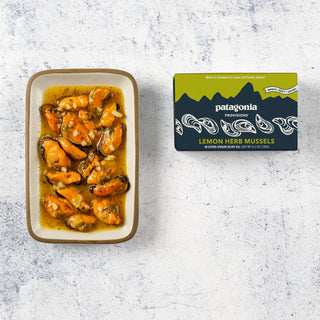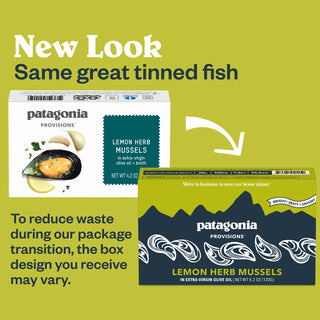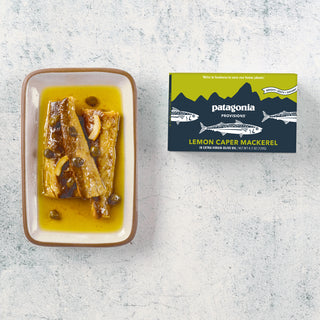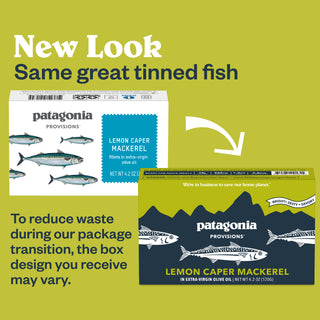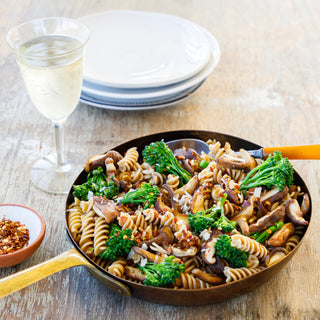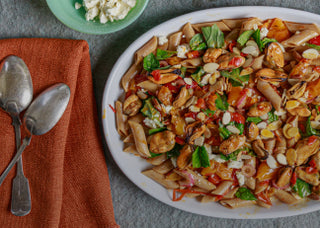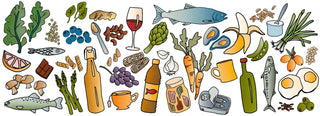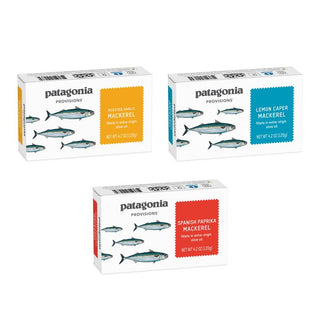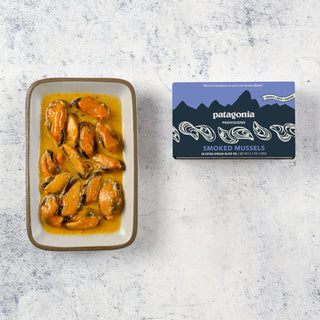By now, you’ve probably heard about the gut microbiome, the populations of trillions of microbes, mainly bacteria, that live inside your gastrointestinal tract. You probably also know that it’s important to eat the right foods to keep your beneficial gut bacteria—also called probiotics—healthy. But how, exactly? Here are some guidelines for the best and worst foods to eat for an optimum gut-health diet.
Note: The suggestions here have been reviewed by a registered dietitian nutritionist (RDN). However, they should be used for general educational purposes only and not construed as customized medical advice or care. Always seek the guidance of a physician or other qualified health provider to figure out what’s best for you.
The 6 Best Foods for Gut Health
1. Mostly Plants

We’re not big on miracle diets here, but there is one simple move that truly will help your gut health dramatically: Eat a varied diet, consisting mostly of plants (preferably organic). A diverse, plant-based diet like the well-known, easy-to-follow Mediterranean Diet will give you the range of fiber and nutrients that your gut bacteria need in order to thrive.
How much to eat: 3 cups of assorted vegetables and 2 cups of fruit per day (for a person who eats 2,000 calories a day).
2. Fiber Foods

Fiber, or “roughage,” as it’s sometimes called, is best known for helping keep you, ahem, regular. It helps satisfy your hunger longer, too, and decreases your cholesterol levels. What’s more, it’s great fuel for your gut microbes—particularly a type of fiber, mostly indigestible by us, called prebiotics. Your good bacteria—aka the probiotics—gotta eat, and these tiny bits of indigestible fiber are their favorite food.
Good sources, with multiple types of fiber, including prebiotics: oats (especially good), garlic, leeks, beans and lentils, whole grains, artichokes, bananas, asparagus, wheat bran
3. Seafood with Omega-3 Fatty Acids

Omega-3 fatty acids have been linked to greater microbial gut diversity. They’re also thought to have a host of health benefits, like lowering inflammation, reducing symptoms of depression and improving heart health. The foods highest in omega-3s are fatty fish and some shellfish (shrimp lack omega-3s).
How much to eat: The National Institutes of Health recommends a daily intake of 1.1 to 1.6 grams for people 18 and over.
Good sources: wild salmon, mackerel, sardines, mussels, anchovies
4. Fermented Foods

Probiotics are the living, good bacteria in your gut microbiome. However, probiotics can also be eaten in the form of “live active cultures” contained in naturally fermented foods like yogurt, kefir, and kombucha. When we eat these foods, they increase the concentration of probiotics in the gut microbiome, to the benefit of our overall health. Make sure to eat naturally fermented foods rather than quick- pickled types that get their sour tang from vinegar.
How much to eat: Broad recommended daily intakes don’t exist, since everyone’s probiotic levels are different.
Good sources: Yogurt, miso, sauerkraut, kimchi, kefir, kombucha, tempeh, fish sauce
5. Foods with Polyphenols

Polyphenols are large molecules in plants that help protect them against disease. They’re too big to be absorbed in the small intestine, so they make their way to the large intestine, where they’re broken down into smaller, health-promoting molecules. Consuming polyphenols seems to have a beneficial effect on gut microbial composition, suppressing pathogens and encouraging the growth of microbes that are good for us.
How much to eat: No recommendations yet.
Good sources: berries (including blueberries, blackberries, lingonberries and sea buckthorn), nuts, olive oil and olives, coffee and tea, black beans, red grapes, red wine, apples, dark chocolate, turmeric.
6. Vitamin D Food
Vitamin D, aka the “sunshine vitamin,” helps us in many ways, supporting the nervous and immune systems and boosting bone health. It also helps boost the growth of healthy gut bacteria. Most people in the United States don’t get enough of this key vitamin.
How much to eat: 15 micrograms (mcg) per day if you’re between the ages of 19 and 70, and 20 mcg per day if you’re over 70.
Good sources: salmon, trout, sardines, eggs, and vitamin-D-fortified milk, mushrooms (portabella, white, crimini, maitake)
The 6 Worst Foods for Gut Health
1. Refined Sugar

There are plenty of good reasons to minimize refined sugar intake. One compelling reason is that too much sugar eliminates healthy gut bacteria, which can cause inflammation in the body—opening the door to bigger health problems. Also, refined sugars are rapidly digested by the first part of the small intestine, spiking your blood sugar and leaving the rest of your gut microbes hungry.
Refined sugars include sucrose (table sugar), high-fructose corn syrup, agave syrup (despite its marketing), sweetened beverages like soda.
2. Factory-Farmed Meat

Industrial meat producers routinely administer antibiotics to their livestock to treat disease in the confined, crowded spaces where the animals are raised. This practice increases the rise of drug-resistant bacteria in the animals’ gut microbiomes, which can spread to human gut microbiomes, too.
For this and a variety of other reasons, we recommend steering clear of meat produced factory-style on a massive scale, including: industrial beef, industrial poultry, industrial pork ... you get the idea.
3. Refined Grains

Simple carbs, empty calories, processed carbs—call them what you will, refined grains are stripped of their fiber, and most of their vitamins and minerals too. Like refined sugars, they’re digested by the first part of the small intestine, elevating blood sugar and leaving nothing for most of our gut microbes to eat.
Some common refined grains: white flour, white bread, white rice; pastries, pastas and snacks made with white flour.
4. Artificial Sweeteners

A study in the UK found that artificial sweeteners can promote pathogenic changes in certain gut bacteria. Another study explored the effect of a dozen different sweeteners on the gut microbiome, and concluded that many were highly likely to raise the risk of both inflammation and glucose intolerance, which increases risk of diabetes and heart disease.
Steer clear of artificial sweeteners, including saccharin, sucralose and aspartame, as well as artificially sweetened drinks.
5. Too Much Saturated Fat

Eat too much meat and high-fat dairy and the microbes in your gut will change. That might not be the best thing for your gut health. According to a Harvard study, volunteers who ate an animal-based diet started to develop an abundance of Bilophila—microbes that like bile—to adapt to the bile needed to break down all that fat. Kind of gross, to be sure, but also a problem because Bilophila can cause inflammation.
Try to minimize animal products, especially fatty meats (bacon, ribs, salami, pork rinds) and cheeses.
6. Fried Foods

It’s long been understood that an excess of fried foods is bad for you. They may also be rough on your microbes, according to a study reported in Diabetes Care. In the study, a test group that ate fried meat ended up with less diverse gut microbiota than the control group, with impaired blood-sugar balance and higher toxin and inflammation levels.
Hang on to those microbes by avoiding fried meat, like chicken-fried steak; french fries; corn dogs; doughnuts and other fried desserts.
Go Forth and Feed your Gut Microbiome
We realize this is a lot of information—maybe even a “gut bomb,” depending on your current diet. But here’s the good news: There’s a lot of satisfying food that’s also great for your gut. Variety is the spice of life—and the preferred diet of your various gut bacteria. Plus, when they’re well fed, they can handle the occasional cheese pizza. Shop gut healthy foods.


